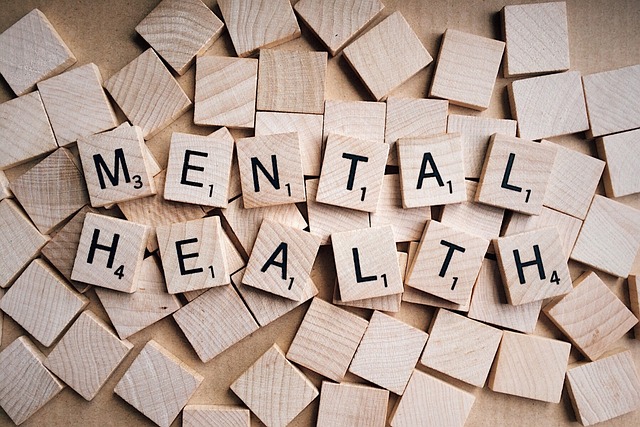Women's Health Issues: Understanding and Addressing Key Concerns
Women’s health is a crucial area of focus that encompasses a wide range of issues, from reproductive health to chronic conditions and mental well-being. Despite significant advances in medical research and health care, women continue to face unique health challenges that require attention and awareness.
1. Reproductive Health
Menstrual Health
Menstruation is a natural part of life for many women, yet it can come with challenges such as severe cramps, irregular cycles, and conditions like endometriosis. Understanding menstrual health and its impact on daily life is essential. Women should feel empowered to seek medical advice and explore treatment options when experiencing debilitating symptoms.
Pregnancy and Childbirth
Pregnancy is a transformative experience, but it can also be fraught with complications. Issues such as gestational diabetes, preeclampsia, and postpartum depression highlight the need for comprehensive prenatal and postnatal care. Access to quality maternal health services is vital for ensuring the health of both mother and child.
2. Heart Health
Heart disease is the leading cause of death among women, yet it is often under-recognized. Women may experience different symptoms than men and can be at risk even if they don’t have traditional risk factors. Regular check-ups, awareness of family history, and adopting a heart-healthy lifestyle are essential steps women can take to protect their cardiovascular health.
3. Mental Health
Women are disproportionately affected by mental health issues, including anxiety and depression. Factors such as hormonal changes, societal pressures, and caregiving responsibilities can contribute to mental health challenges. It’s crucial for women to prioritize their mental well-being, seek support when needed, and engage in self-care practices.
4. Bone Health
Osteoporosis is a significant concern for women, particularly post-menopause. This condition weakens bones and increases the risk of fractures. Women can take proactive measures, such as consuming adequate calcium and vitamin D, engaging in weight-bearing exercises, and undergoing bone density screenings to maintain strong bones.
5. Sexual Health
Sexual health is a vital aspect of overall well-being. Issues such as sexually transmitted infections (STIs), reproductive health concerns, and the impact of menopause on sexual function are important topics. Open communication with healthcare providers and education about safe practices can empower women to take charge of their sexual health.
6. Access to Healthcare
Access to quality healthcare remains a challenge for many women, particularly in underserved communities. Barriers such as cost, transportation, and lack of insurance can hinder women from receiving the care they need. Advocating for policies that promote equitable healthcare access is essential to addressing these disparities.
7. Health Education and Awareness
Informed decision-making is critical for women’s health. Comprehensive health education that includes information about preventive care, screenings, and lifestyle choices can empower women to take charge of their health. Resources such as community workshops, online platforms, and health campaigns play a vital role in increasing awareness.
Conclusion
Women’s health issues are complex and multifaceted, requiring a nuanced understanding and a collaborative approach. By addressing these concerns through awareness, education, and advocacy, we can work towards improving health outcomes for women everywhere. It’s vital for women to prioritize their health, seek the necessary care, and support one another in this journey toward better well-being.










